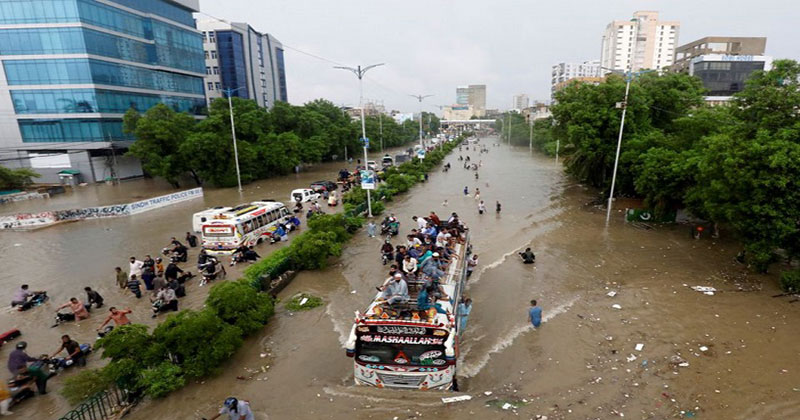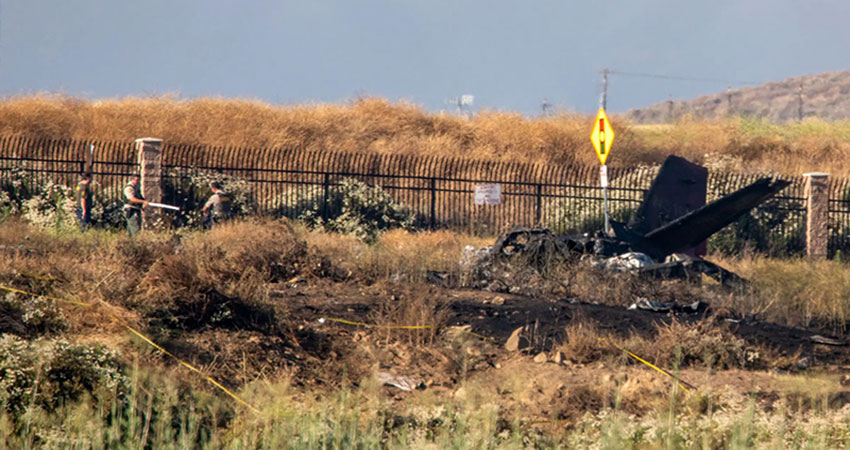Indian Prime Minister Narendra Modi delivered the inaugural address at the G20 Summit at Bharat Mandapam in New Delhi on Saturday. Interestingly, the nameplate kept in front of the prime minister read 'Bharat' instead of India.
This comes days after a huge controversy broke out over the shift to India from Bharat in the dinner invitation from Indian President Droupadi Murmu to foreign leaders attending the G20 Summit this weekend.
On Friday, the United Nations said it will change India's name to Bharat in UN records when New Delhi completes all the formalities for the same, a spokesperson for the global body.
"When India completes the formalities to change the name, they will inform us and we will change the name at the UN (records)," United Nations Secretary General's chief spokesperson Stephane Dujarric told NDTV.
As the debate was triggered ahead of the upcoming special session of Parliament, the agenda of which is yet to be disclosed, it prompted unconfirmed reports that a change of name could be discussed and passed during the session. While the members of the ruling BJP suggested that the name Bharat should take primacy over India, opposition leaders termed it a distraction saying 'Bharat' is already mentioned in the constitution.
Modi, however, told his ministerial colleagues on Wednesday to avoid the political row around the 'Bharat' issue, noting that it has been the country's ancient name.
The preamble to the English version of the constitution starts with the words "We, the people of India…," and then in Part One of the document it states "India, that is Bharat, shall be a Union of States."
In Hindi, the constitution replaces India with Bharat everywhere, except the part defining the country's names, which says in Hindi, "Bharat, that is India, shall be a Union of States."
Changing India's name to only Bharat would require an amendment to the constitution which would need to be passed by a two-thirds majority in both houses of parliament.



















